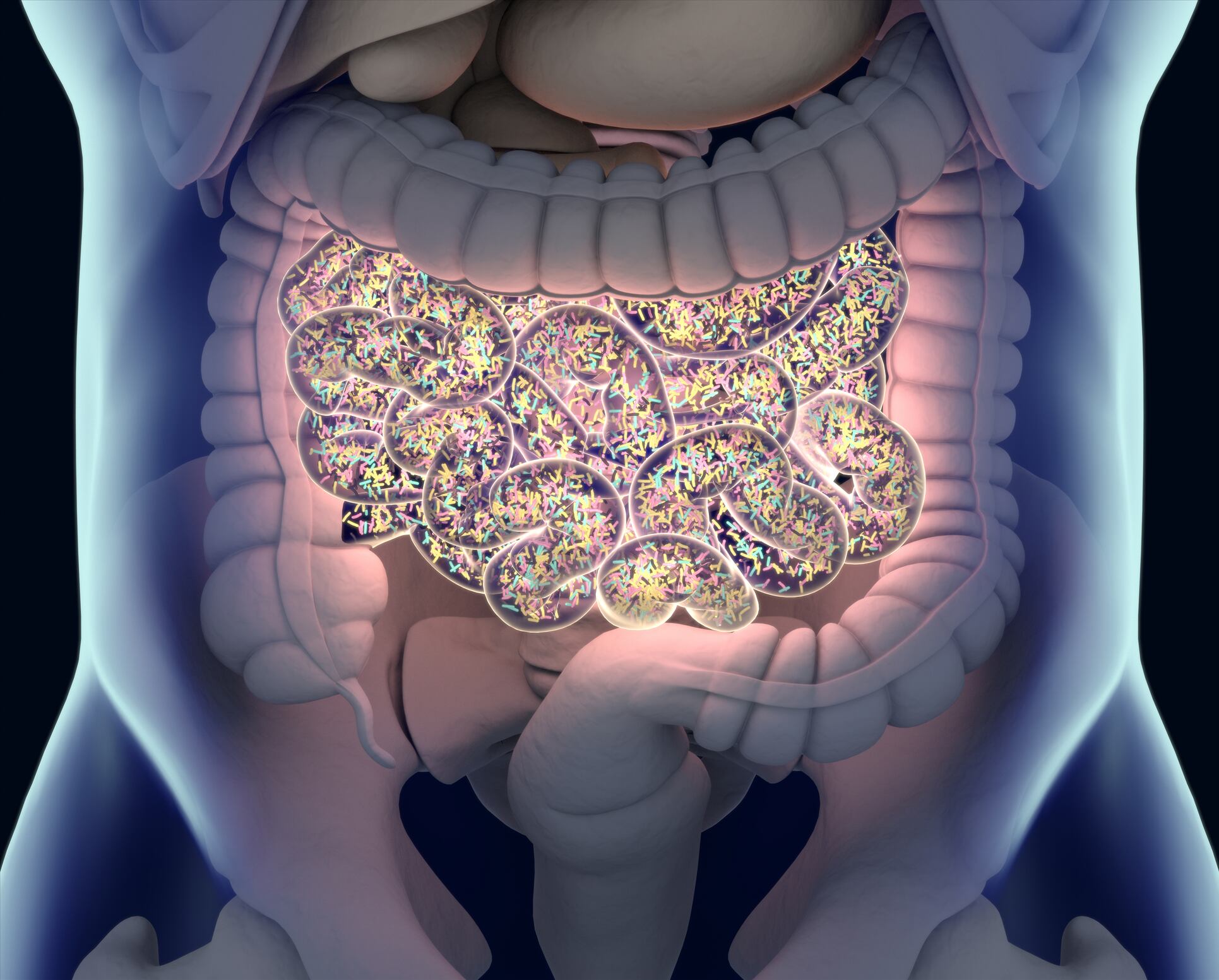It is well understood that in order to be efficacious, probiotics need to reach their target location alive. Bacillus is spore-forming bacteria and confers many advantages over the lactic acid bacteria probiotic strains. In their spore form, they are able to survive the harsh gastric environment and reach the small intestine alive.
Spores of B. subtilis can themselves modulate the immune response of the host (Huang et al., 2008); however, the full potential of spore-based probiotics can only be achieved if they also germinate and become active vegetative cells in the small intestinal tract.
Confirming the presence of Bacillus spores and vegetative cells in the small intestinal tract is challenging. One unexplored approach involves analysing the ileal effluent (part of the small intestine which absorbs nutrients) of healthy participants with an ileostomy. An ileostomy is a surgical procedure during which the end of the ileum is passed through an opening in the abdomen known as an ileal stoma. Connected to the stoma is an ostomy bag where all the intestinal contents are collected.
The current study aimed to investigate the survivability and germination of the B. subtilis DE111 strain of probiotic (provided by Deerland) in the small intestine using ileostomy.
The randomised, crossover, double-blind, placebo-controlled study involved 11 individuals (aged 24 to 75) with stable ileostomies.
With access to the contents of the ileal bags, investigators were able to directly examine spore germination under real-time in-vivo conditions in the human small intestine for the first time.
In the study, participants with ileal bags consumed 5 billion CFU of DE111 or placebo with a standardised meal; each participant first took placebo, had a one-week washout period, then took DE111.
The contents of their ileal bags were collected every hour following consumption for eight hours, and the spore and vegetative DE111 cell counts were investigated. Following consumption of DE111 all participants showed both DE111 spores and DE111 vegetative cells present in their ileostomy bags. This was not the case post-consumption of the placebo.
During the study period of 8 hours - the average time for food to fully travel from the mouth all the way through the small intestines - the combined DE111 spore and DE111 vegetative cell counts emanating from the ileum were the same or more than the number of spores that were consumed at the beginning of the study. The researchers say this indicates excellent survivability of DE111, as well as growth and reproduction of the strain in the digestive tract.
“Germination of spore-forming probiotics in the small intestines is of particular importance considering that a significant portion of the immune system is located in that portion of the gut and the majority of digestion and nutrient absorption occurs there.,” explained John Deaton, vice president of science and technology for Deerland Probiotics & Enzymes. “Prior to this new study, others have attempted to determine spore germination in the small intestine through simulated lab models or animal studies, but none have investigated actual in-vivo spore germination in the human small intestine.”
Deaton added, “This study provides clear evidence that DE111 spores germinate in the human small intestine. This then provides support to show that consuming B. subtilis DE111 effectively promotes and supports immune and digestive health.”
Source: Frontiers in Microbiology
Colom J, Freitas D, Simon A, Brodkorb A, Buckley M, Deaton J and Winger AM
"Presence and germination of the probiotic Bacillus subtilis DE111 in the human small intestinal tract"
doi: 10.3389/fmicb.2021.715863





